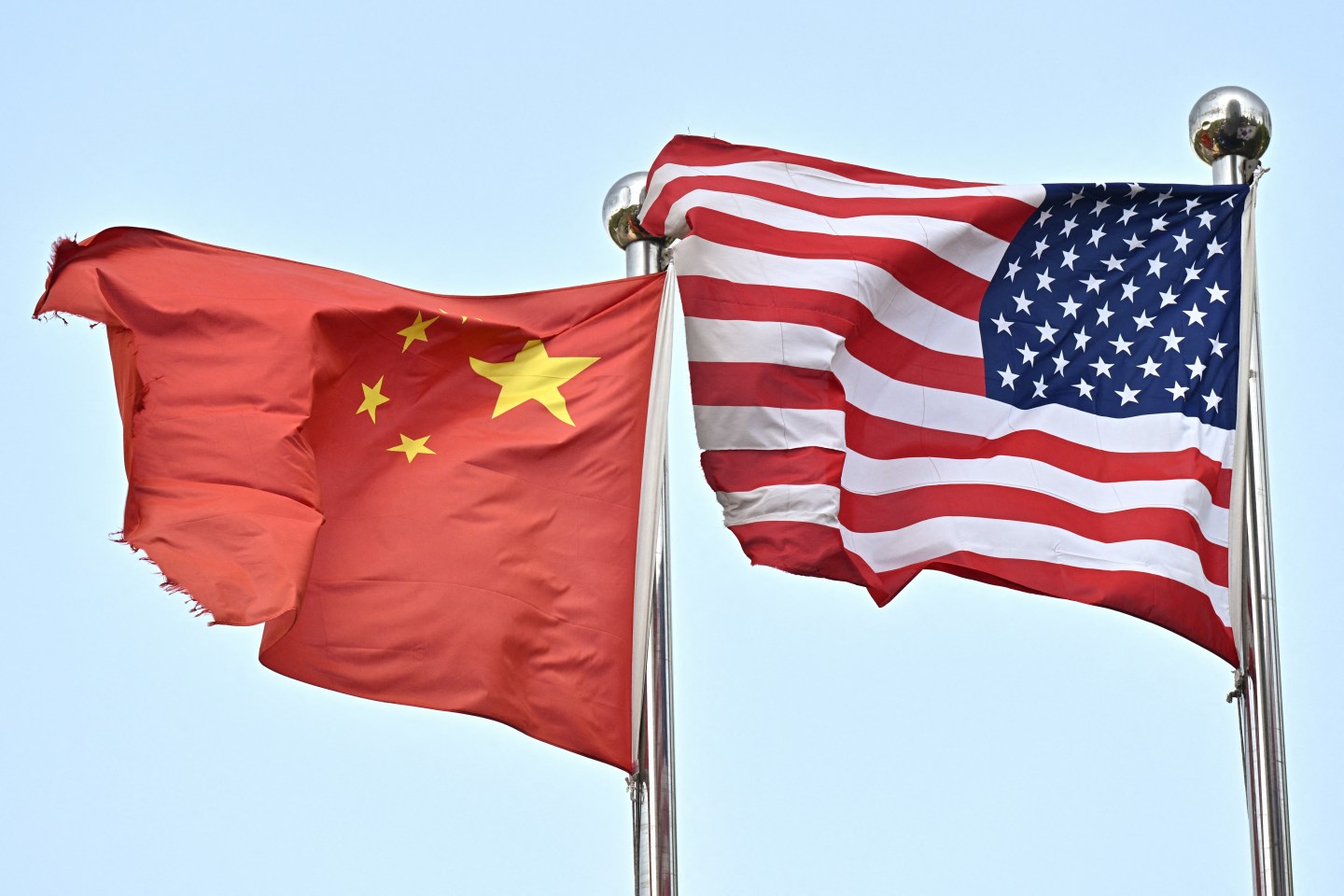This is the web version of CEO Daily. To get it delivered to your inbox, sign up here.
Good morning.
COVID-19 will take its toll on holiday spending this year, according to a report from Deloitte out this morning. (CEO Daily got an early look.) Planned spending will be down about 7% this year from last year. Travel spending will remain depressed—down 34% year over year. And a whopping 64% of the shopping budget will be spent online. You can view the entire study here.
Separately, C3.ai CEO and Founder Tom Siebel is our guest this week on the podcast Leadership Next. You will want to hear what he has to say—and not only because he tells of being mauled by a giant elephant. Siebel has been a successful entrepreneur for four decades and ridden multiple technology waves. But he says there has been nothing like the wave that’s breaking now—a combination of cloud computing, big data and artificial intelligence:
“This digital transformation is happening at 100 times the speed of the industrial revolution with 30 times the change. So this is 3000 times more impact than the industrial revolution. This is a big global event. And it is existential.”
I’ve known Siebel for a number of years. He has a long association with Stanford’s conservative Hoover Institution and a deep skepticism of government. But when it comes to applying A.I. to social systems, he told Ellen McGirt and me that government regulation will be essential. “You know I’m not a big government guy,” he told us. “That being said, if government does not regulate, we are going to be very sorry.” You can listen to the entire podcast here: Apple/Spotify.
Finally, lots of feedback, and a few cancelled subscriptions, in response to my commentary yesterday on Trump’s leadership. I kept tally throughout the day, and found it broke at almost exactly 50-50 between those who agreed and those who disagreed. My favorite in the latter category was a one word response: “Codswallop.” I had to look it up.
More news below. And learn how Jane Fraser broke banking’s highest glass ceiling here.
Alan Murray
@alansmurray
alan.murray@fortune.com
TOP NEWS
Intel memory
Intel is selling most of its flash-memory business to South Korea's SK Hynix. Prices for flash memory (used in hard drives, cameras and so on) have been sagging, and Intel has been looking to get out of the arena for a while. The $9 billion deal will leave Intel with its Optane line of data-center-oriented memory products. Wall Street Journal
Exxon and Trump
President Trump spent part of his Arizona rally last night telling the crowd how he could—if he wanted to, which he doesn't—call up the CEO of Exxon, establish that he needs some exploration permits, and say "You know, I’d love [for you] to send me $25 million for the campaign." "I would raise a billion dollars in one day if I wanted to," Trump said. Exxon felt compelled to tweet: "We are aware of the President’s statement regarding a hypothetical call with our CEO…and just so we’re all clear, it never happened." Reuters
Hong Kong banks
The Hong Kong Monetary Authority has advised banks to report customers' transactions that appear to violate China's national security law, which now applies in Hong Kong. Banks (should) already notify the authorities about violations of money-laundering and terrorist-financing laws, but the national security law is notoriously ill-defined, and compliance experts say banks might "report anything slightly related to a breach" in the absence of clear guidance. Financial Times
Impossible Foods
Impossible Foods's imitation beef has gone on sale in 200 supermarkets across Hong Kong and Singapore, marking its first expansion into non-U.S. grocery stores. Asia is responsible for 44% of the world's meat consumption. Impossible Foods' international VP Nick Halla: "Our mission is to replace animals in the food system with a much more sustainable way of producing meat, fish, and dairy goods. In order to do that we knew we had to start in Asia very quickly." Fortune
AROUND THE WATER COOLER
Child labor
The chocolate industry still uses the labor of over 1.5 million children in Ivory Coast and Ghana, according to a report commissioned by the U.S. Department of Labor. What's more the proportion of five-to-seventeen-year-olds in those countries who work on cocoa farms—often using machetes and pesticides—has gone up from 31% to 45% in the past decade. Fortune
COVID and diabetes
There is a growing body of evidence for the theory that contracting COVID-19 could lead to the formation of type 1 or type 2 diabetes. It is already known that people with diabetes are more susceptible to serious cases of COVID-19, but now researchers are trying to establish whether it's a two-way street. Fortune
Election fallout
If President Trump loses the election in a couple weeks, other national leaders might also be losers, including North Korea's Kim Jong-un, Saudi Arabia's Mohammed bin Salman, Turkey's Recep Tayyip Erdogan, Russia's Vladimir Putin, Brazil's Jair Bolsonaro, Israel's Benjamin Netanyahu, Poland's Andrzej Duda, Hungary's Viktor Orban, and even China's Xi Jinping. Fortune
Go vote
Yale's Jeffrey Sonnenfeld writes for Fortune that America's volunteer spirit—plus employers giving their workers time off to go vote—could help save the upcoming election: "Social capital matters to capitalists. The selfless civic engagement we see this season is to be applauded, as fortifying democracy becomes the business of American business." Fortune
This edition of CEO Daily was edited by David Meyer.












